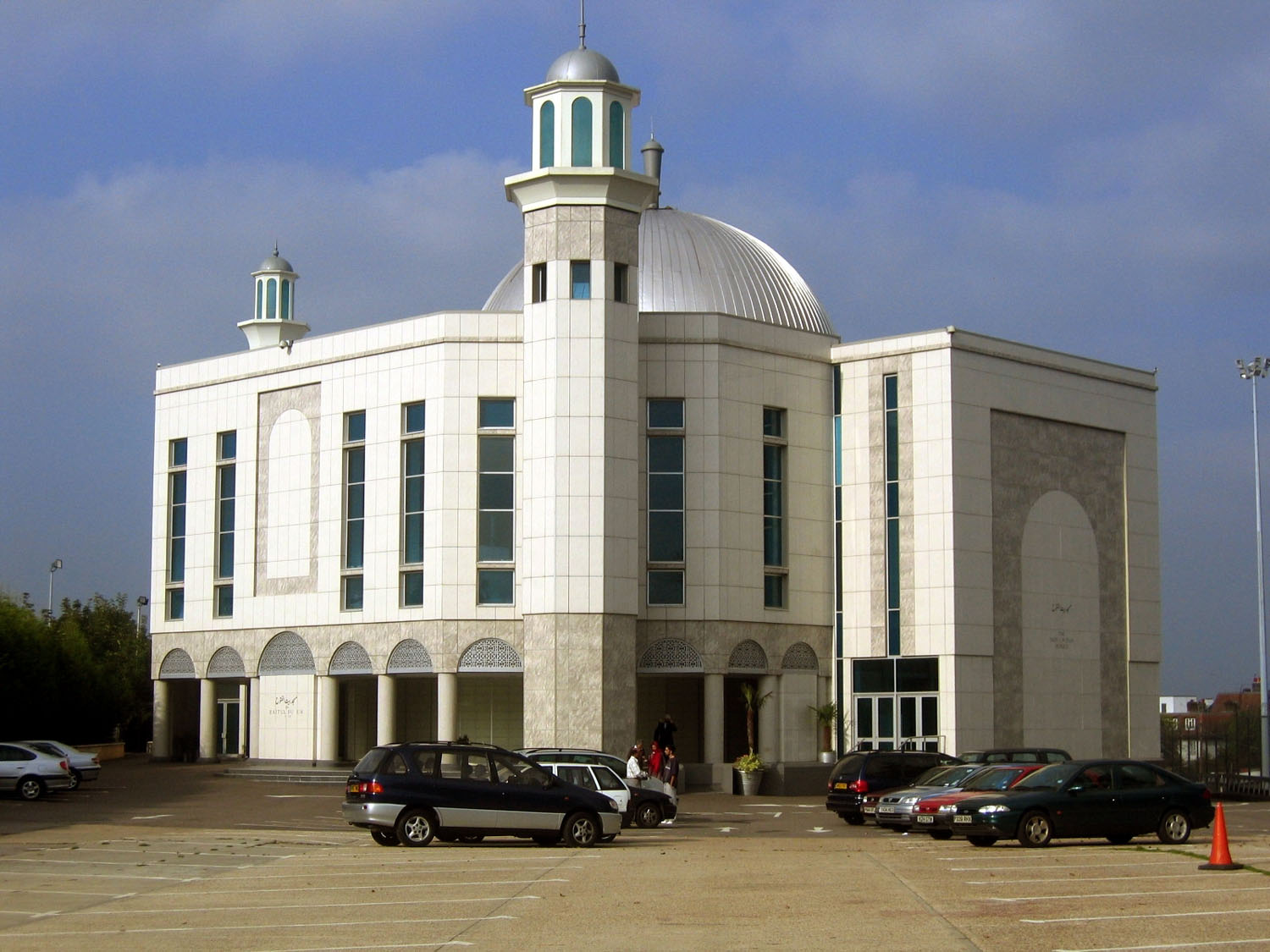

Some things that are usually called “religions” - like Daoism and Confucianism and many forms of Buddhism - don’t have a central concept of God or gods. Substantivism renders limited lists of “world religions,” which generally include Christianity, Judaism, Islam, Hinduism, Buddhism, Daoism, Confucianism and a few others.īut there are problems with substantivist definitions of religion. Scholars who argue in this vein are obviously using a different definition of religion than both Aquinas and the common substantivist definition of religion as beliefs and practices directed toward “God” or “gods.” Substantivism is based on identifying religions by the substance of the meaning expressed in their doctrines and practices. Sociologist Robert Bellah has identified “an elaborate and well-institutionalized civil religion in America” that “has its own seriousness and integrity and requires the same care in understanding that any other religion does.” Secular nationalism, like religion, embraces what one scholar calls “a doctrine of destiny.” One can take this way of looking at secular nationalism a step further and state flatly … that secular nationalism is “a religion.” Carolyn Marvin writes, “nationalism is the most powerful religion in the United States, and perhaps in many other countries.” Mark Juergensmeyer similarly claims: Carlton Hayes, professor of history at Columbia, published a book in 1960 simply entitled Nationalism: A Religion. But religion is particularly relevant because there are so many scholars of nationalism who are convinced that nationalism is a religion. There are certainly other virtues through which one could examine nationalism. So nationalism can share the matter or object of religion, though it does not share the same end, by Aquinas’s definition. Aquinas writes that, in one sense, latria can be applied univocally to either true or false worship, religion or idolatry.

But although nationalism does not share the end of religion, which is God, I will argue that it does share the matter or object of religion, which is latria, often translated “worship,” which includes what we would call reverence or piety and the external rites and sacrifices associated with it. If nationalism is a religion, then, it cannot be a virtue in the same sense that Aquinas says religion is a virtue, because it does not explicitly render worship to God. Religion, for Aquinas, is the embodied habit of giving to God his due. Aquinas treats religion as a sub-virtue of justice, which entails giving to each their due. Virtues rely on communal disciplines to instil habits within people though their will remains free, it is conformed to the good. Virtue names the way in which voluntary repetition of good acts over time changes the actor by instilling habits that become second nature. Medieval Christians classified religio as a virtue - that is, a good habit. Is nationalism a virtue, and if so, to which of the classical virtues is it related? In answering this question, I wager that it is most productive to examine nationalism under the rubric of the virtue of “religion” - one of the sub-virtues under the cardinal virtue of justice in Thomas Aquinas’s Summa Theologiae.

And while most of the examples I will be drawing on here are taken from the US context, I treat nationalism as a more universal phenomenon - and, especially, the relationship between nationalism and virtue. Nationalism is resurgent in many parts of the globe, and is linked to Christian rhetoric in places like Russia, Hungary, Austria and Italy. A group of Catholics published a manifesto in First Things magazine in March of this year, declaring “We embrace the new nationalism” and vowing to guard “jealously” the space opened up by the “Trump phenomenon.” And Trump has gained considerable Christian support, in part because of his nationalism, garnering 81 percent of the white evangelical vote in the last presidential election. Trump is known for his opposition to globalism, his pledge to “Make America Great Again,” his attacks on football players who kneel for the national anthem, his opposition to immigration and his commitment to put “America First” when dealing with foreign countries. “You know what I am? I’m a nationalist, OK? I’m a nationalist … Use that word.” So said Donald Trump in October 2018.


 0 kommentar(er)
0 kommentar(er)
